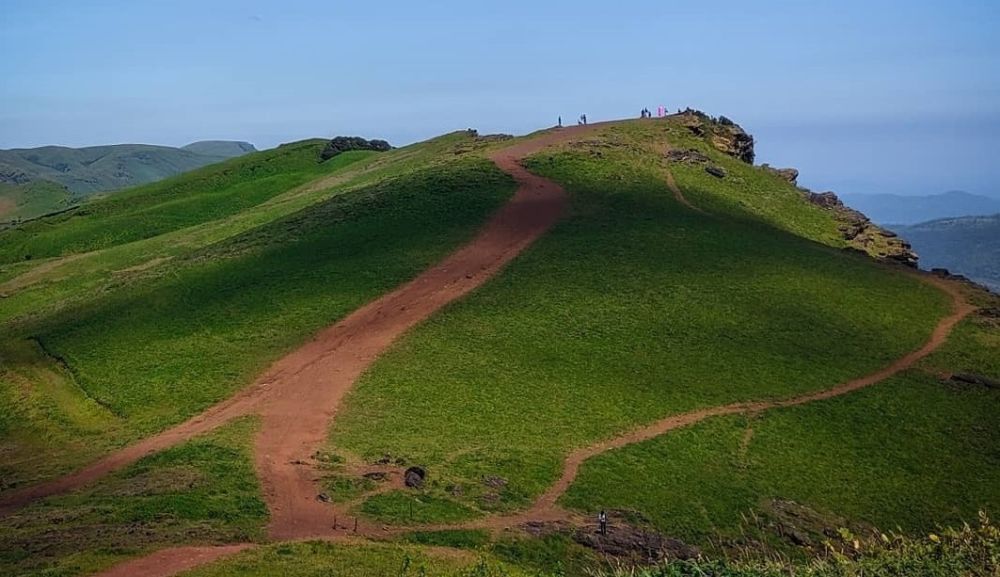

Nestled in the Western Ghats of Karnataka, India, the region comprising Baba Budangiri and Kemmanagundi has a rich history intertwined with tales of mysticism and the bounty of nature. The history of tourism in these lush landscapes can be traced back to the times when the British Raj was enchanted by the beauty and cool climate of these hill stations.
Named after the Sufi saint Baba Budan, who is said to have brought the first coffee seeds to India, Baba Budangiri is renowned for its coffee plantations and for being a pilgrimage site both for Muslims and Hindus. Its rich history and cultural significance have been attracting pilgrims and tourists alike for many years.
Kemmanagundi, on the other hand, was once the summer retreat of Krishnaraja Wodeyar IV. It was during this time that the area started gaining popularity as a tourist destination due to its mesmerizing gardens and breathtaking views of the valleys and streams.
Over the years, the government and local bodies have made efforts to develop the infrastructure of Baba Budangiri and Kemmanagundi to enhance the tourist experience. The establishment of resorts, homestays, and better accessibility has considerably increased tourism activities in the area.
The attractions of these twin destinations include trekking trails, picturesque viewpoints such as Mullayanagiri which is the highest peak in Karnataka, cascading waterfalls, and verdant coffee estates. Regular upkeep and conservation efforts have ensured that these natural treasures attract both domestic and international tourists.
Sustainable and responsible tourism is becoming a popular trend in the region. Travelers are increasingly seeking out eco-friendly accommodations and are actively participating in preserving the natural beauty and culture of the place. Adventure tourism has also seen an uptick with more tourists exploring trekking, mountain biking, and other outdoor activities.
The influx of tourists has greatly benefited the local economy, with many locals finding employment in the hospitality sector and as guides. However, the area also faces challenges related to ecological conservation and managing the balance between tourism growth and environmental sustainability.
To maintain the sanctity and cleanliness of Baba Budangiri and Kemmanagundi, visitors are advised to respect the local customs and environmental guidelines. It is essential to dispose of waste properly and to support local businesses that follow sustainable practices.